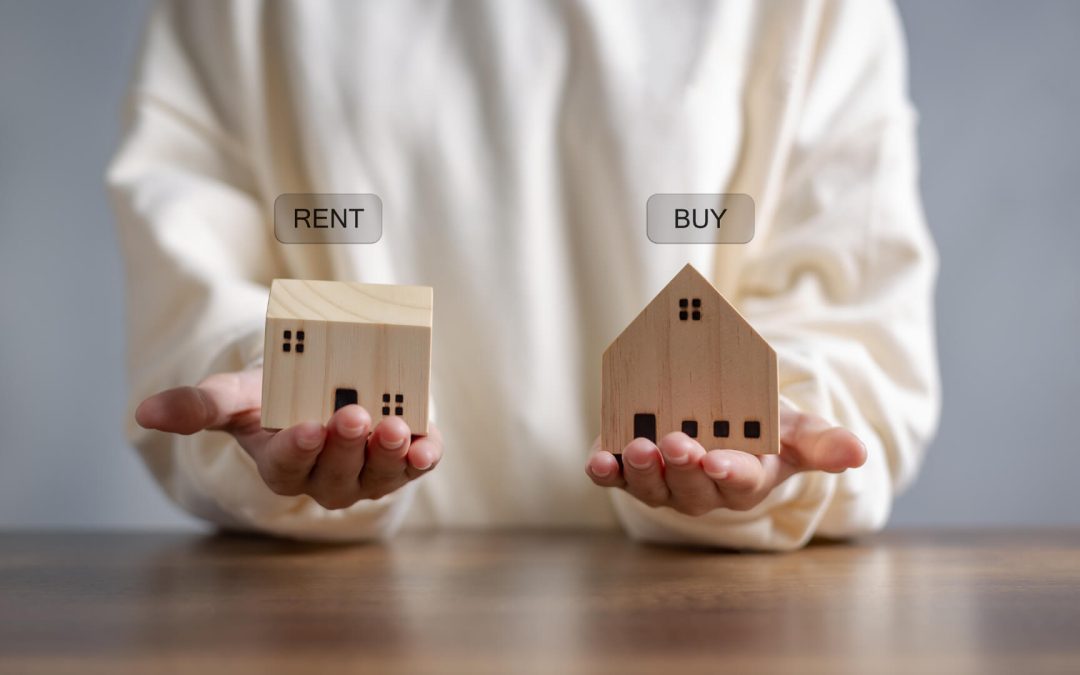One of the biggest questions expats face when moving to Spain is whether it makes more sense to buy or to rent. Both options have advantages and risks, and the decision depends on your personal circumstances, financial situation, and long-term plans. To help you think it through, we’ve prepared a quiz-style guide that highlights the main factors to consider, with explanations along the way.
How long do you plan to stay?
If you expect to stay less than two years, renting is usually the better option. It offers flexibility and avoids heavy upfront costs, allowing you to explore different regions and neighbourhoods before making a long-term commitment moving to Spain. On the other hand, if you intend to stay in Spain for more than five years, buying property could be the smarter move. It gives you stability, a potential return on investment, and the security of building equity in a home you own.
Are rising rents a concern?
In many Spanish cities, particularly Madrid and Barcelona, but also in Alicante, rents have increased sharply in the past decade. Some tenants are now paying up to 40% of their monthly income just on housing. If you are worried about paying ever-rising rents, buying could give you more control over your housing costs in the long run. However, if you are not ready for the responsibility of ownership, renting remains the safer short-term choice.
Do you value flexibility or stability?
Renting allows you to relocate easily, whether you are moving to Spain work, lifestyle changes, or simply to try a new town. It also avoids the risk of property market fluctuations. Buying, on the other hand, provides stability. Many expats enjoy the sense of permanence that comes with owning a home in Spain, especially when planning to integrate fully into the local community.
What about upfront costs?
Renting in Spain usually requires a deposit and agency fees, although landlords increasingly request more documentation and advance payments from expats. Buying comes with significantly higher upfront costs. In addition to the purchase price, buyers need to budget between 10% and 15% extra to cover taxes, notary fees, property registration, and legal costs.
Do you plan to rent out the property?
If you want to generate income from your Spanish home, bear in mind the tax implications. As a non-EU citizen, for example a British national after Brexit, you will pay 24% tax on gross rental income, without being able to deduct expenses. EU residents, by contrast, are taxed at 19% on net income after costs. This difference can make renting out property less profitable for British expats. Also, in Spain, you need to get a Rental Registration Number. More Information about it here.
Summary of the quiz
If you are moving to Spain for a short period and you want to keep things simple, renting is the better option. If you are planning a long-term life in Spain and want to secure your future housing costs, buying could make sense. Consider how comfortable you feel with upfront costs, how much flexibility you need, and whether you plan to use the property as an investment.
Final thoughts
There is no single correct answer to the buy-or-rent dilemma. Your lifestyle, financial capacity, and future plans are the key factors. Renting offers freedom and lower risk, while buying provides stability and potential growth. Whichever path you choose, make sure you have proper legal guidance. Spanish property law can be complex, and regulations are evolving quickly, especially for non-EU buyers. At Albir Abogados we specialise in helping expats navigate these decisions with confidence, ensuring that every step you take is safe, legal, and aligned with your long-term goals.


